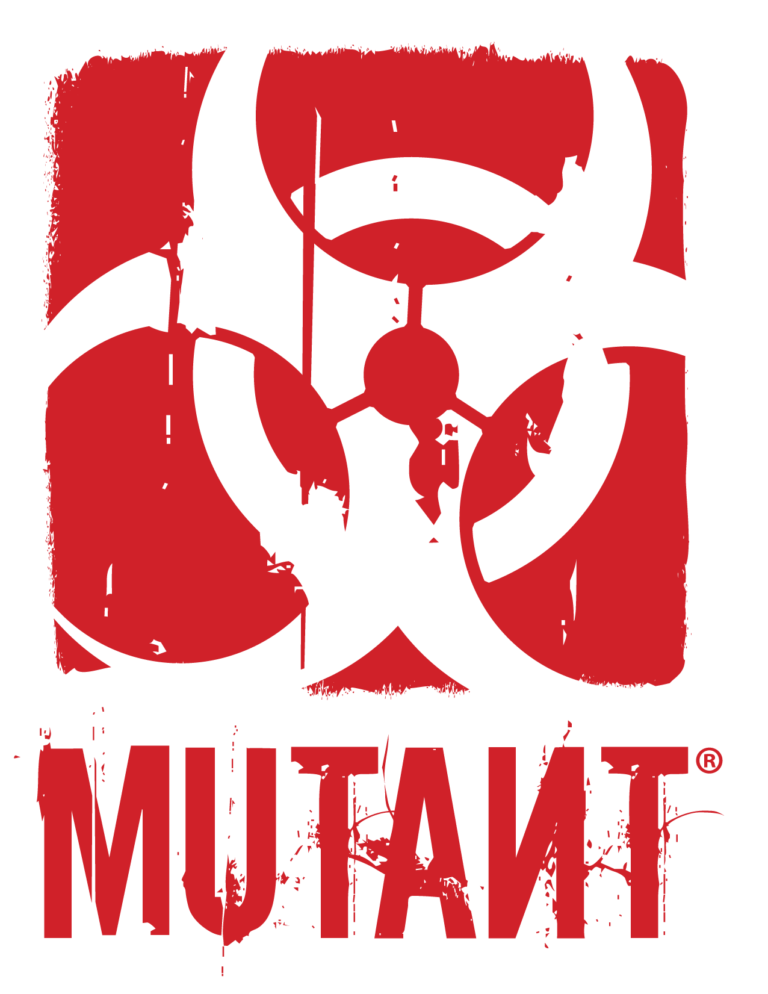Supplement Review Editor
BCAA’s have been a staple of the supplement industry since the turn of the century!
For the sake of getting scientific, amino acids are the building blocks of proteins. As you chew on your chicken breast, not only are you ingesting dozens of grams of proteins, but thousands of amino acids bonded together. Specifically, the phrase “branched-chain” refers to the three essential amino acids: L-Leucine, L-Isoleucine, and L-Valine.
These amino acids are not created within the body and must be obtained from food or supplements. Increased energy, recovery, and muscle protein synthesis are just a few of their benefits. Obviously, BCAA supplementation can be important to the bodybuilder or fitness enthusiasts’ inventory for the litany of benefits they elicit, but is it necessary?
As previously mentioned, L-Leucine, L-Isoleucine, and L-Valine are the three branched-chain amino acids, each bearing it’s own unique function inside the body. Whereas leucine will be used for muscle protein synthesis, isoleucine and valine are gluconeogenic, meaning they will convert to glucose. During the process of gluconeogenesis, fat oxidation takes a backseat to the utilization of glucose, the body’s preferred energy source. Essentially, when BCAA’s are introduced, fat burning comes to a halt.
Is BCAA supplementation crucial? That depends on your goals. Do you have some expendable income to part with in the quest to shed excess body fat? Then by all means go for it! Unless you are some genetic marvel on the positive end of the Levrone-spectrum, however, do not expect significant fat oxidation. Some studies claim considerable fat burning,* yet their findings are easily refutable.**
In an eight-week study, 17 males aged 21-28 were randomly split into two groups, one of which were given 7g of BCAA’s pre-workout and 7g of BCAA’s post-workout. The second group was given 7g of carbohydrates pre-workout and 7g of carbohydrates post-workout. At the end of the study, the BCAA group lost a “significant” group of fat mass. Now I don’t know about your interpretation, but 0.05kg (0.1lb.) is by no means “significant.”
The next time you visit your local supplement store, assess your goals (and your wallet) and decide if purchasing a branched-chain amino acid supplement is detrimental to your fitness goals. If so, continue on down the aisle and pick up a multi-vitamin instead.
* – http://www.ncbi.nlm.nih.gov/pubmed/26733764
** – http://forum.bodybuilding.com/showthread.php?t=170264071&p=1418656321&viewfull=1#post1418656321
Did you enjoy this article? Would you like to see me do more study-based/scientific reviews on supplements? Shoot me a Facebook post, tweet, email, etc. and let me know! I would be glad to give my unbiased (and critical) opinion.
Check out MORE Supplement Reviews Here!
After a series of concussions ended his high school wrestling career, Matt discovered bodybuilding, quickly immersing himself in the world of fitness, nutrition and supplementation. A National Academy of Sports Medicine Certified Trainer, Matt founded UFit Sports Performance and Nutrition and has helped dozens of clients achieve their fitness goals. Having tried and tested countless supplements, Matt is highly regarded as a credible evaluator of nutritional products.





